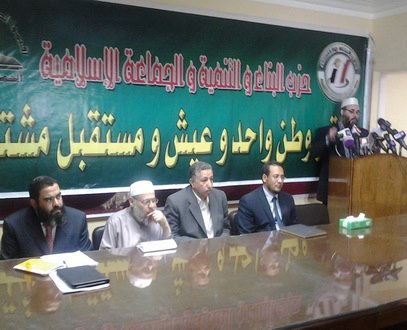Journalists were subjected to continued violations in 2016, as governments worldwide attempted to curtail criticism. Turkey, China and Eritrea have always been ranked among those countries that have low degrees of press freedom, according to a recent reports issued by the Committee to Protect Journalist (CPJ).
Turkey:
The Turkish government has committed a series of prominent violations against media in 2016. Starting in January 2016, the Turkish regime arrested two journalists working at pro-Kurdish outlets and accused them of producing propaganda for a terrorist organisation.
In late March, Turkish journalists Can Dündar and Erdem Gül, who work for Cumhuriyet newspapers, were sent to trial after they reported that Turkey is providing arms to militants in Syria. The Turkish prosecutor called for the court to issue life sentences for both of them. The Turkish president Recep Tayeb Erdogan commented on their case saying, “Media should not have unlimited freedom”.
The most prominent Turkish violation occurred when riot police raided the headquarters of the Istanbul-based Zaman newspaper, after a court verdict placed the publication under state-control. Police fired tear gas and water cannons to disperse a crowd gathered to resist the order. The government deposed the newspaper’s editor-in-chief Abdulhamit Bilici.
The publication was taken over by court-appointed trustees who changed the editorial policy to align with the Turkish regime.
The editor-in-chief of the English version of Zaman, Sevgi Akarçeşme, was forced to leave her position. CPJ cited her as saying that Erdogan is killing journalism.
The Turkish government also closed the broadcast centres of television channels IMC TV and Bengü Türk before the parliamentary elections in November. In March, the television stations Bugün TV and Kanal Türk and Bugün and Millet newspapers were also shut down by the government.
China:
China is the world’s top offender of journalists’ rights with 49 journalists currently in prison, according to the CPJ. Since the economic slowdown and the government’s war against corruption, journalists have faced increased danger in reporting on the economic crisis.
In August 2015, Wang Xiaolu, a journalist working at a business magazine, appeared on television after being arrested, saying that he regrets reporting on the stock market. The government accused him of spreading false information that harmed national security after he reported that the China Securities Regulatory Commission (CSRC) was examining ways for securities companies to withdraw funds from the stock market, according to a statement released by his magazine Caijing.
Last week, Wang Jing, a volunteer journalist, was sentenced to four years and 10 months in prison after being accused of “posting a large amount of information that is unconfirmed and defaming to the work of governmental agencies”.
International journalists are also reported to face troubles trying to report from China, especially in visa processing.
Eretria:
Eritrea is considered by the CPJ as Africa’s most oppressive country to journalists in sub-Sahara Africa, as it has placed 17 journalists behind bars.
The atmosphere in the country has forced many journalists to work abroad. Those who have tried to circumvent regulation of print media by publishing online news site face difficulties due to the government’s tight control of the state telecommunications company Eritel. The last privately owned broadcasters were suspended in 2001.
According to PEN Eritrea, an international centre founded by Eritreans in exile to support writers in the country, the government has yet to release 15 journalists imprisoned in 2001, after the government began its crackdown on private media.


